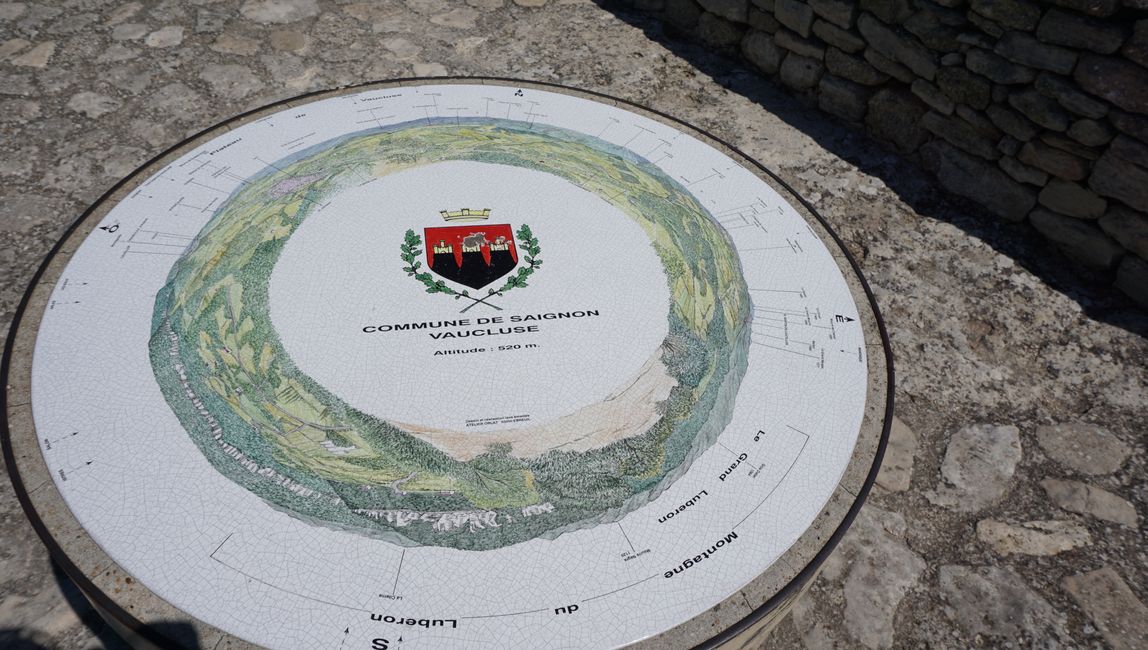# Tag 26 - 28 Commissioner Dupin investigates ...
வெளியிடப்பட்டது: 15.05.2023
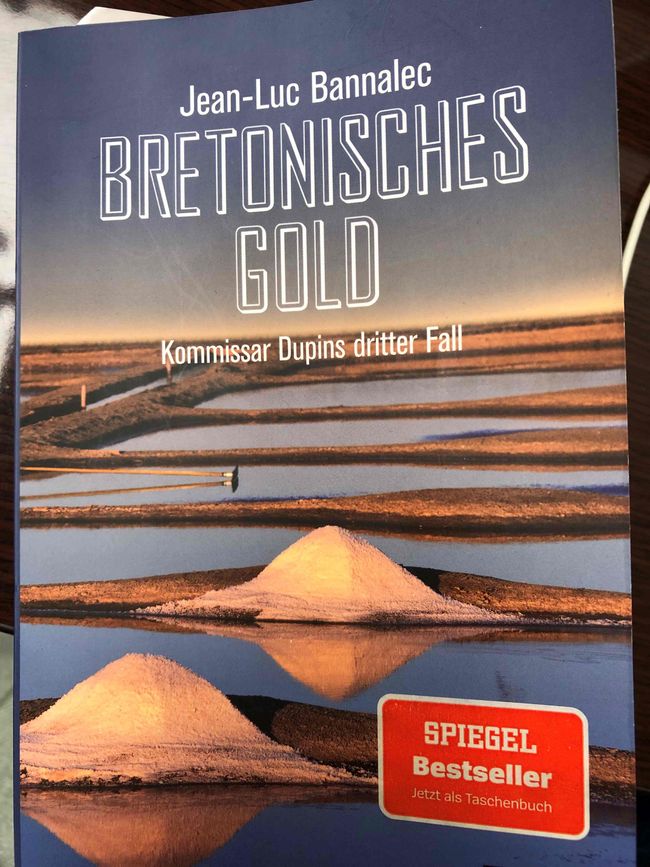
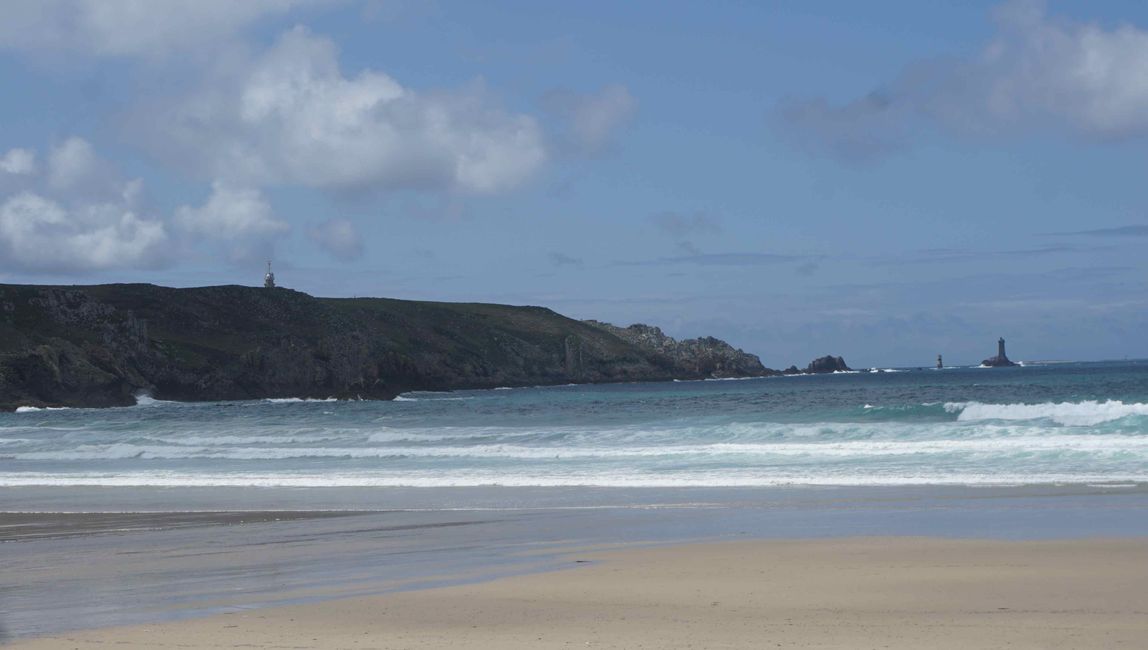
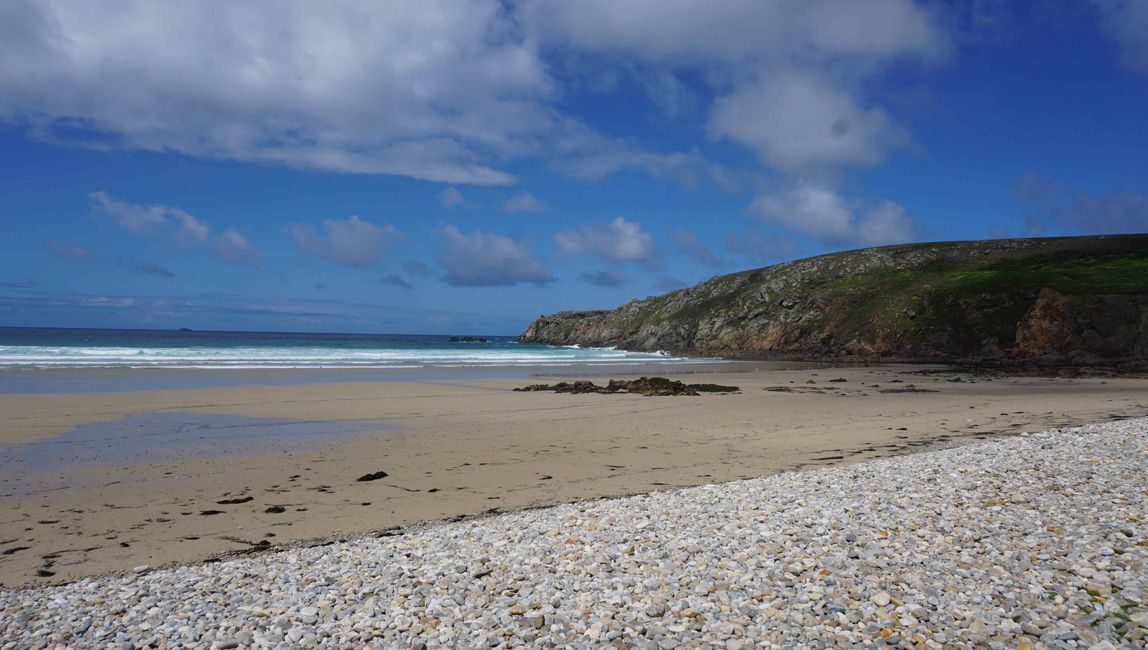
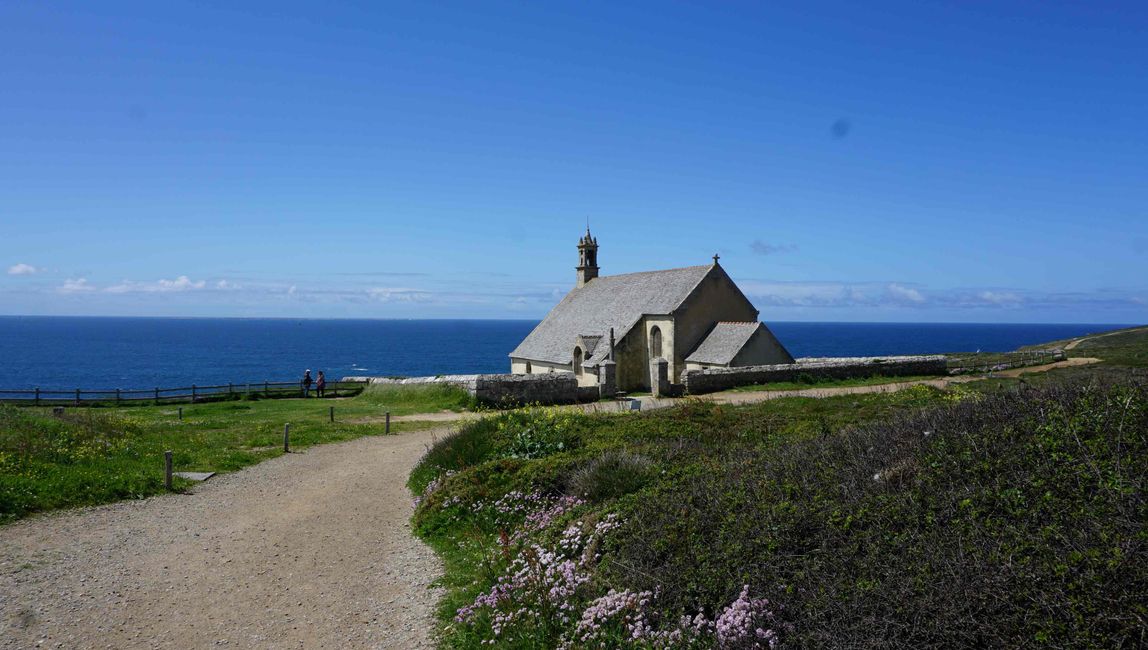
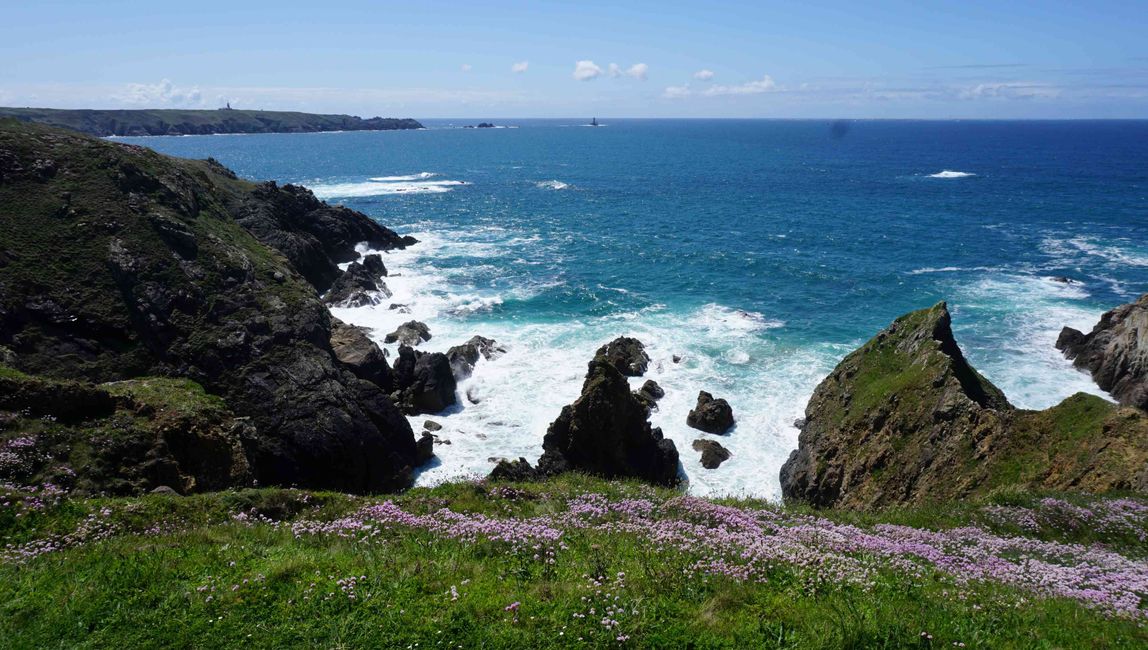
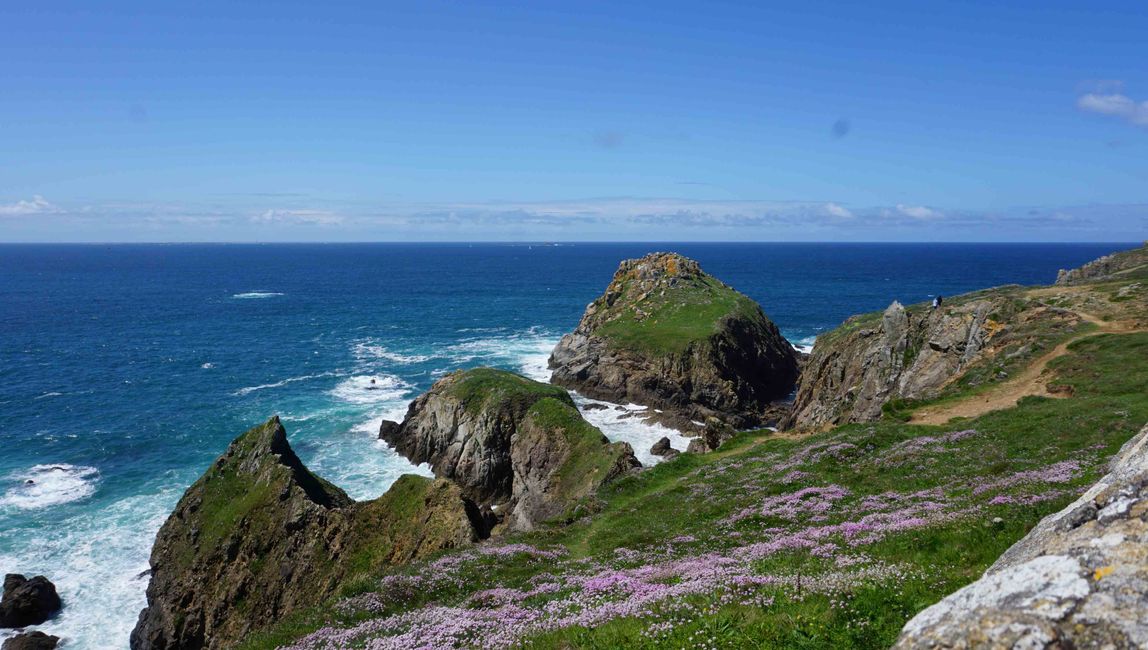
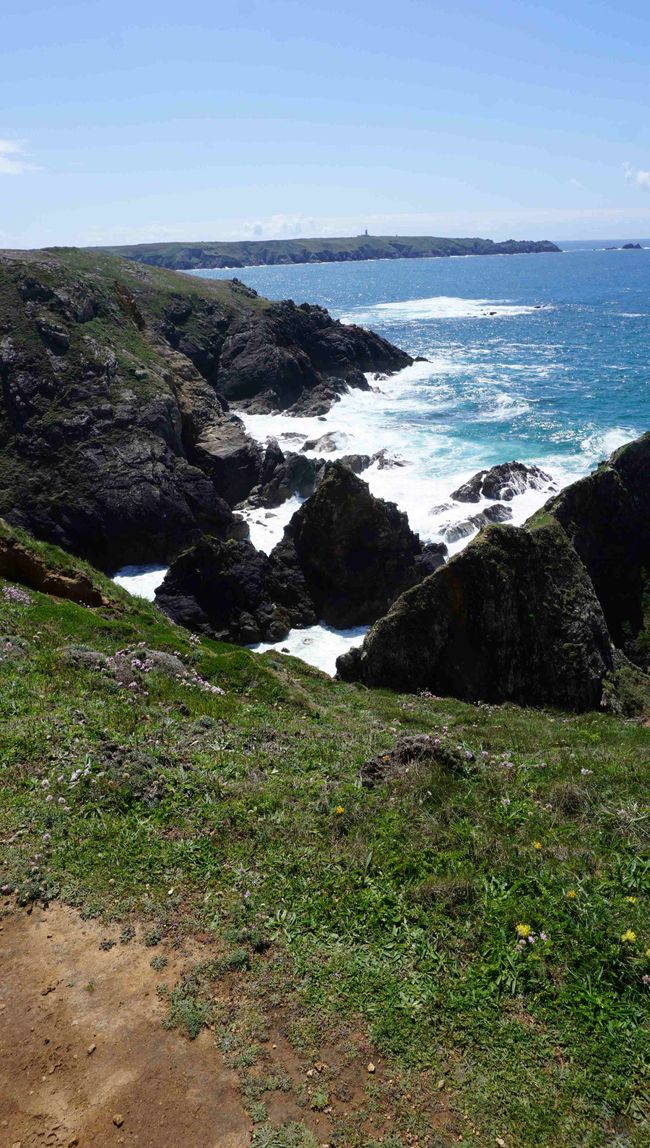
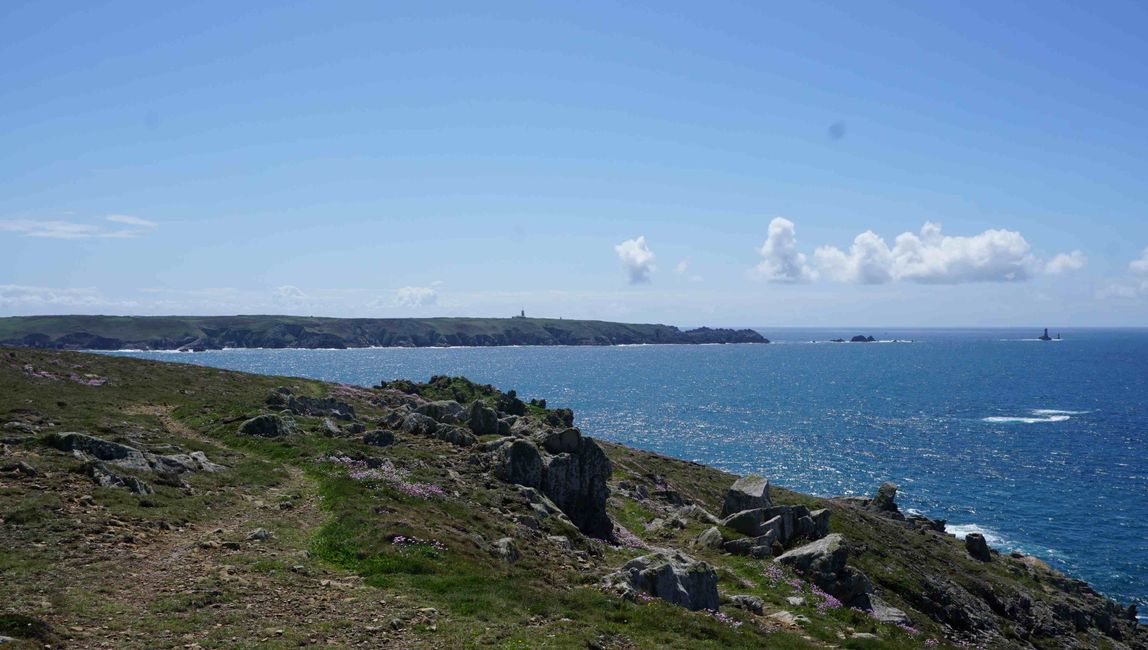
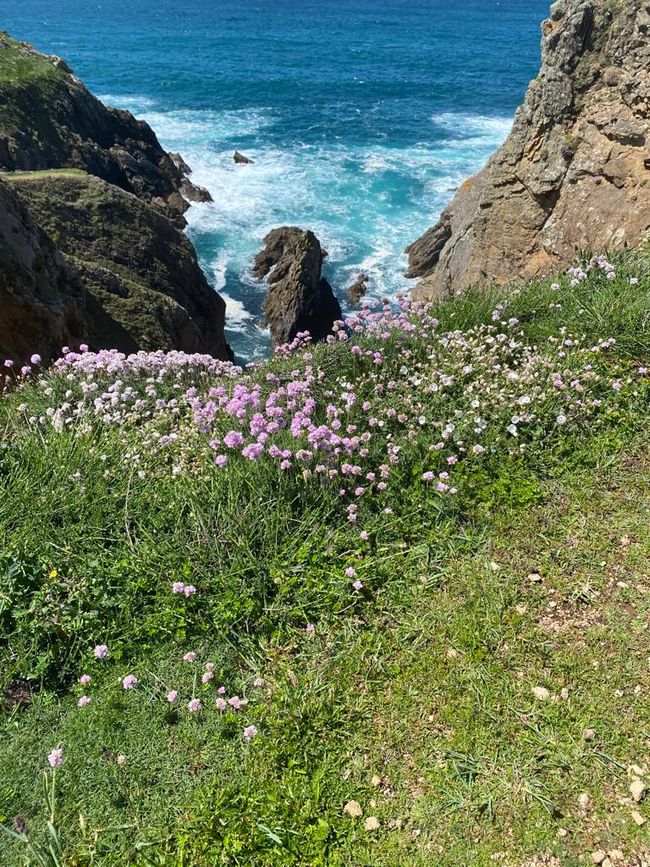
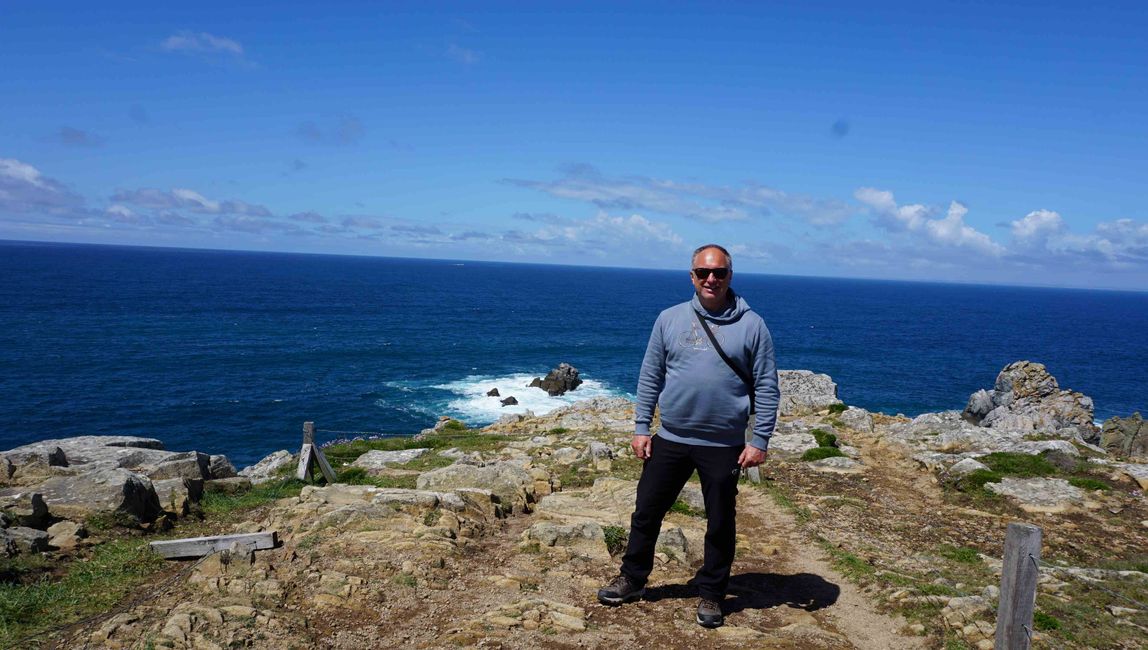
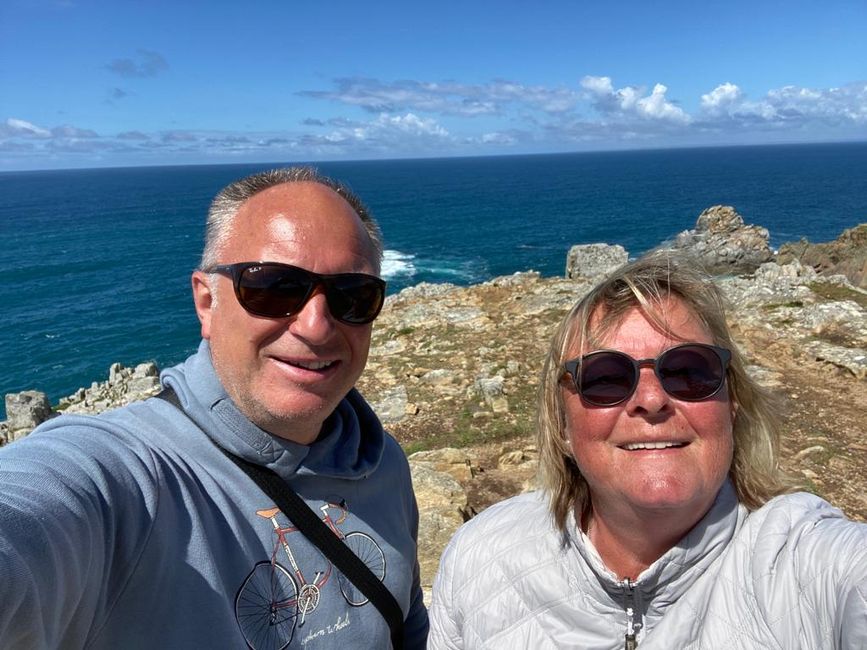
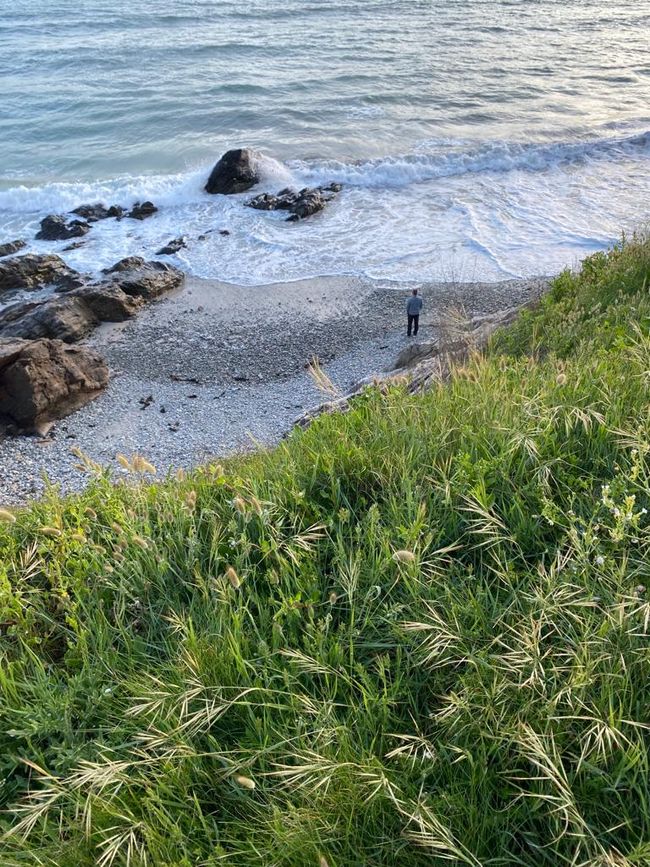
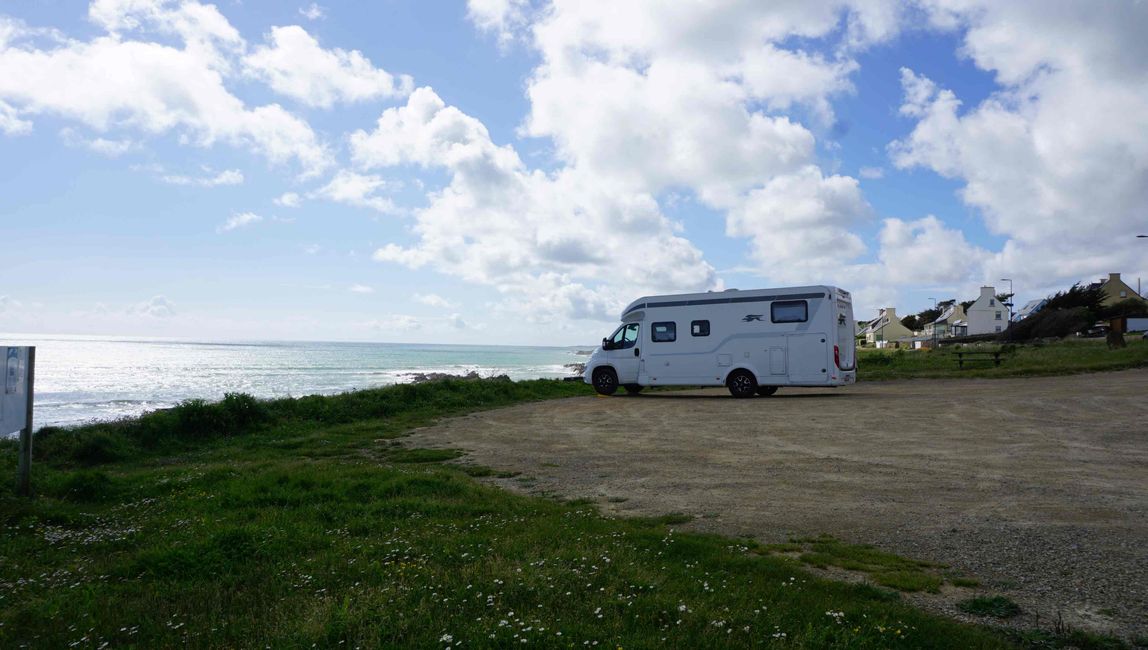
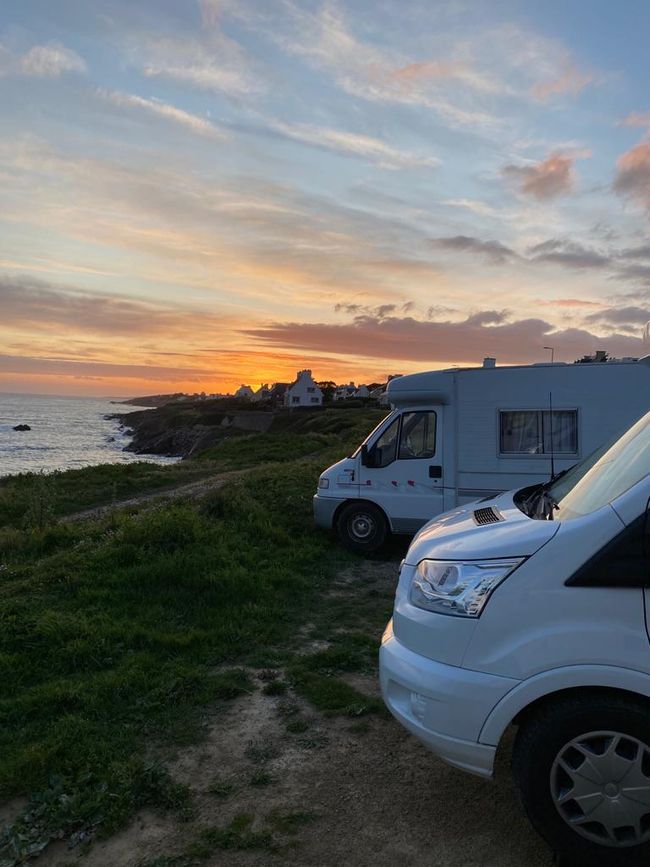
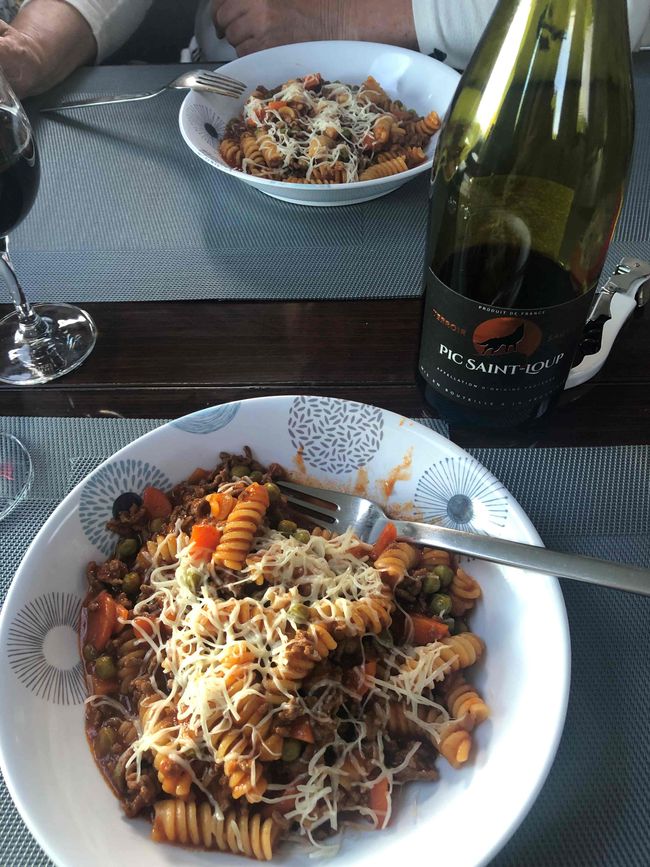
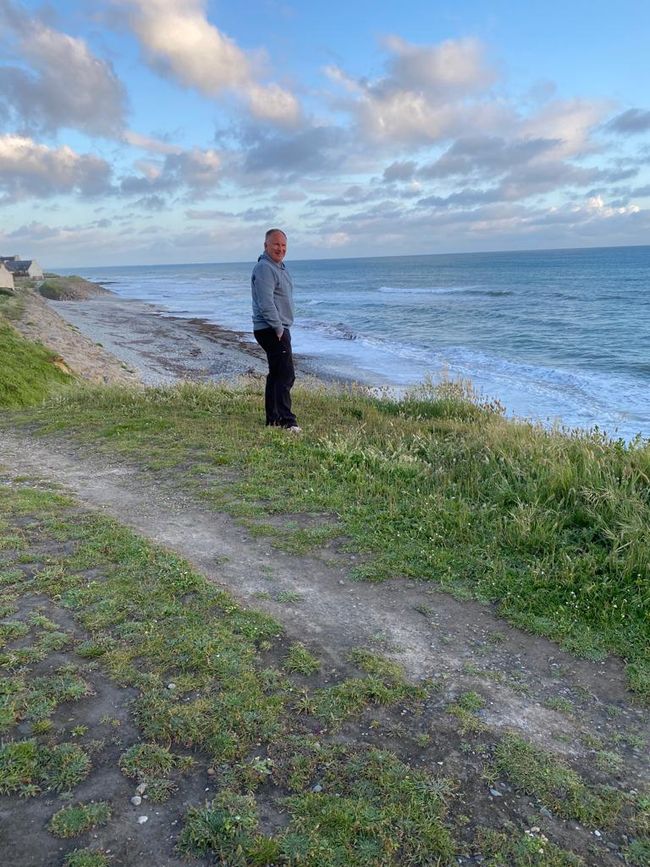
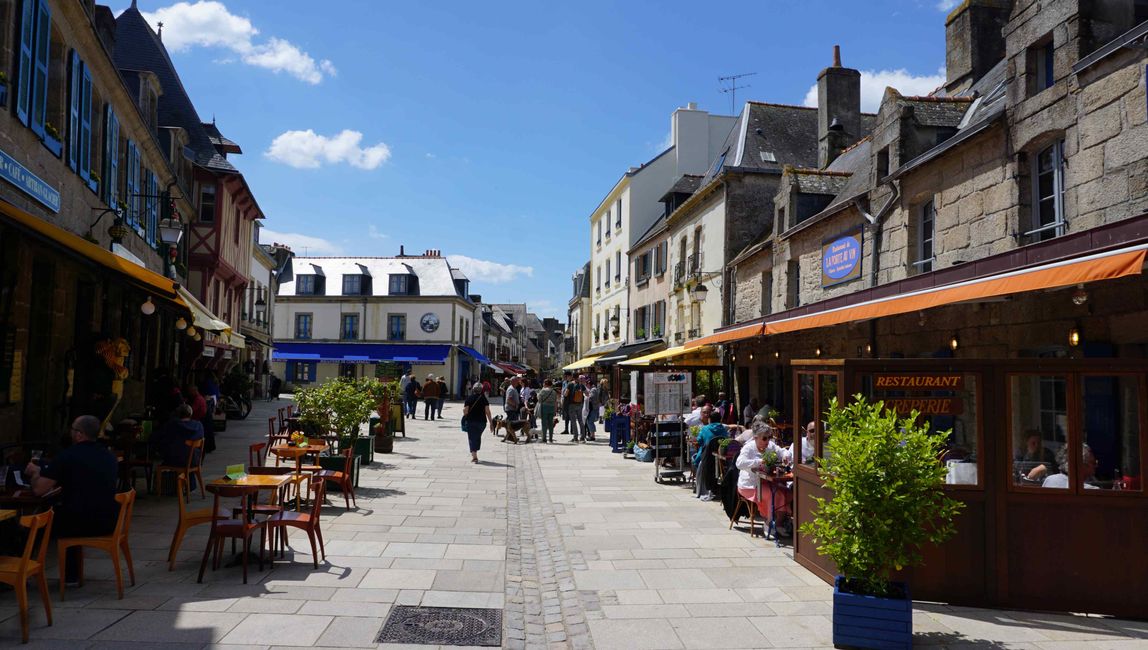
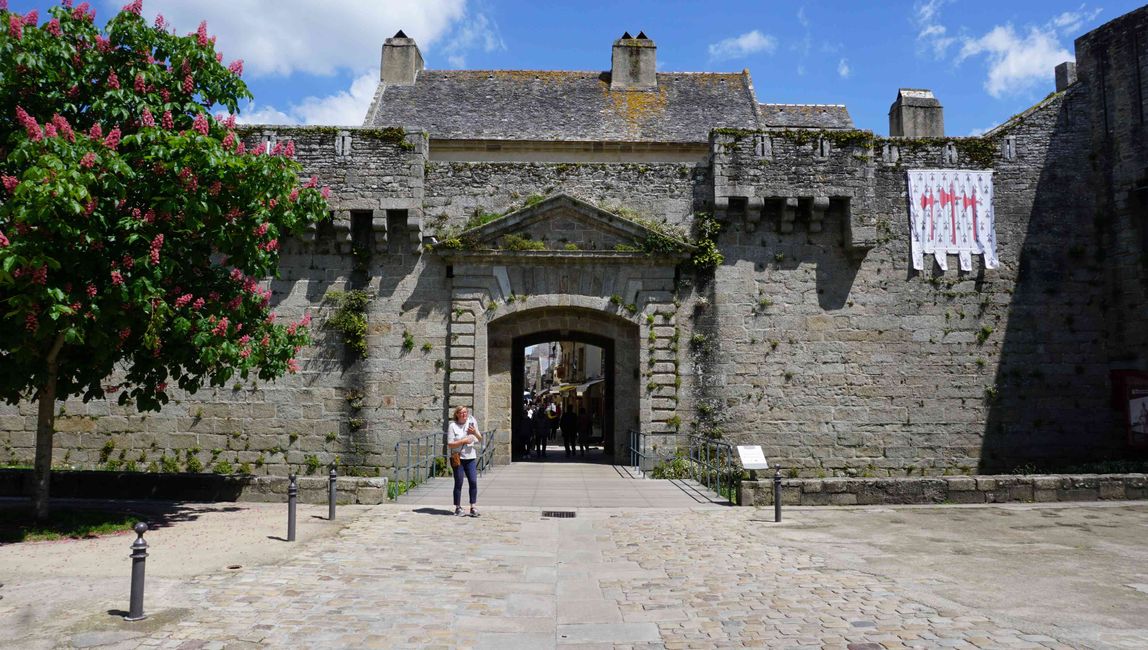
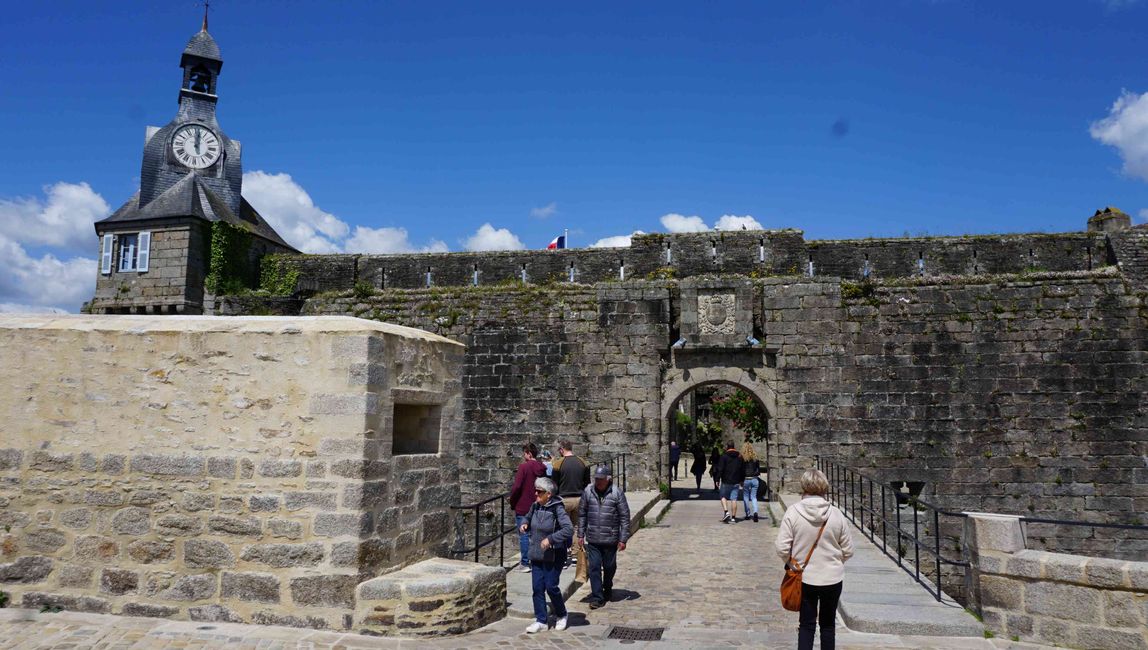
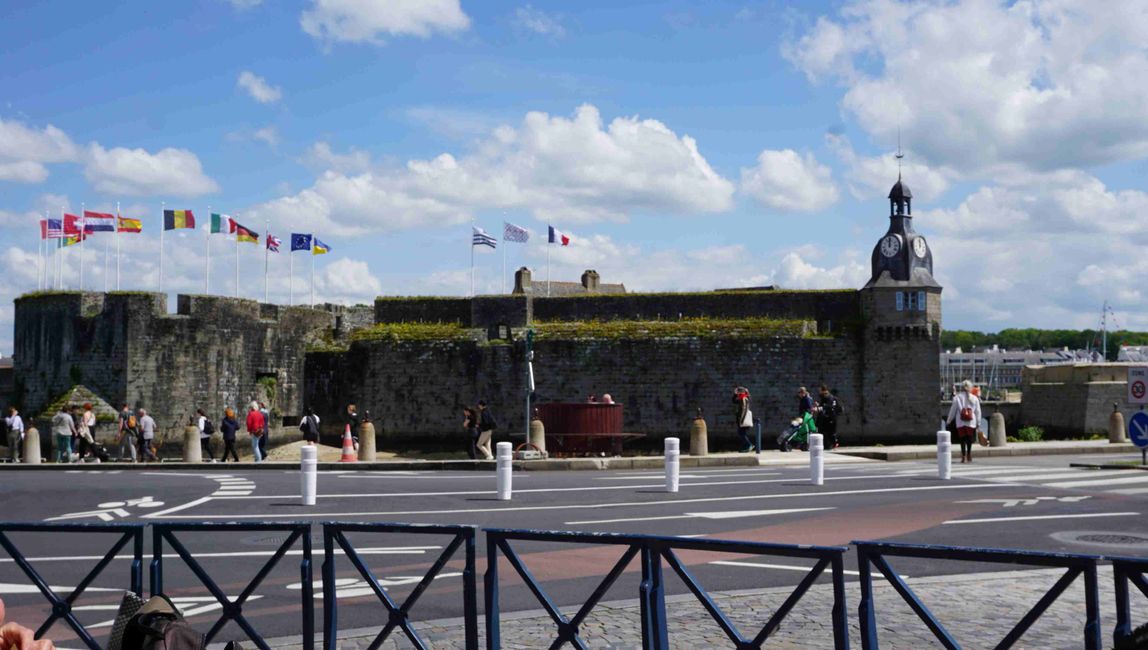
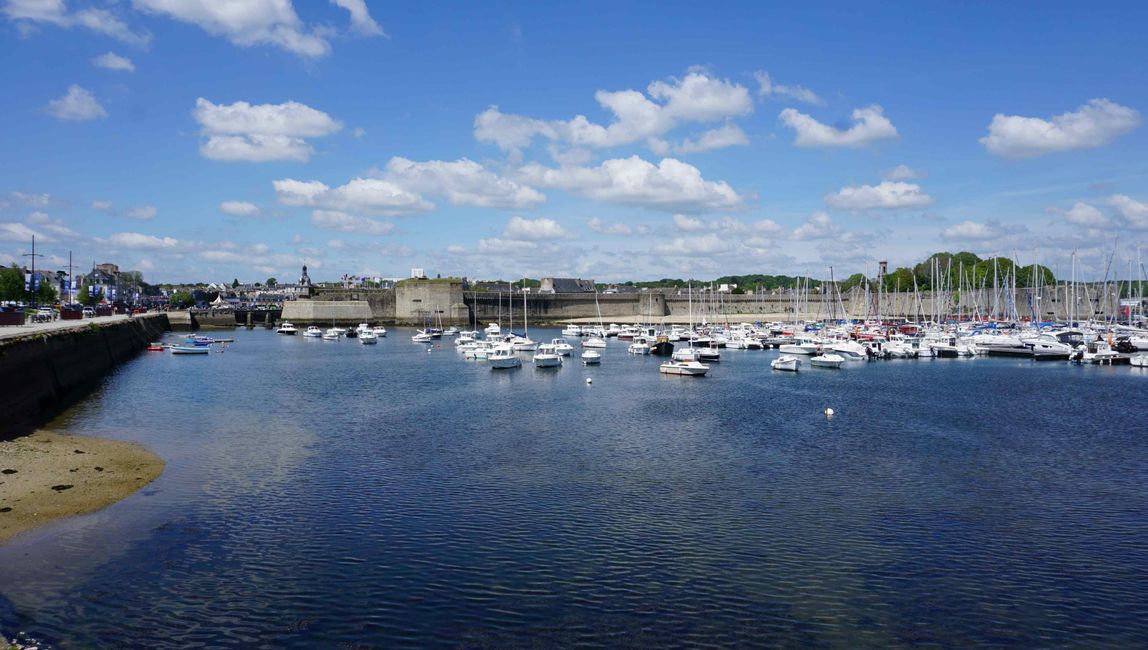
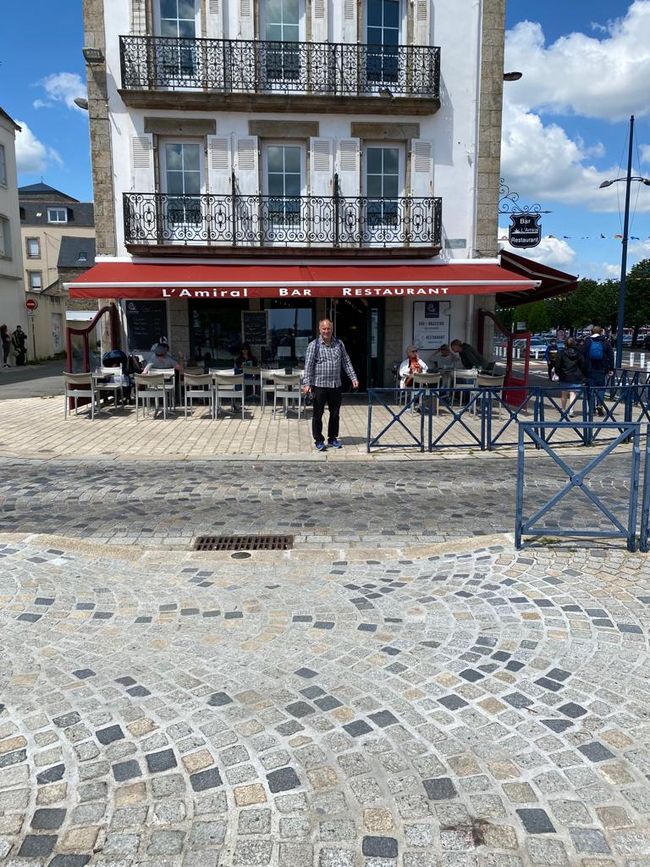
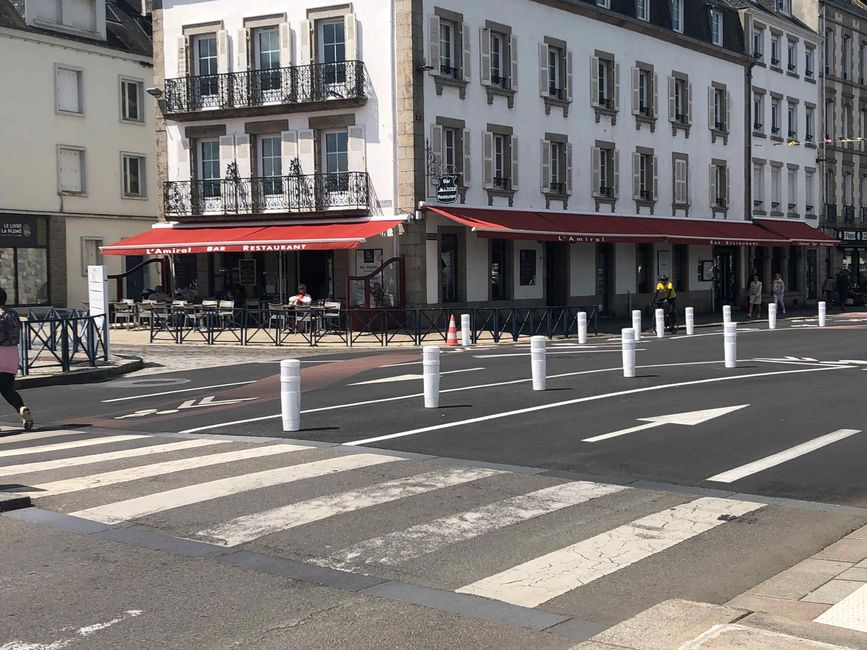
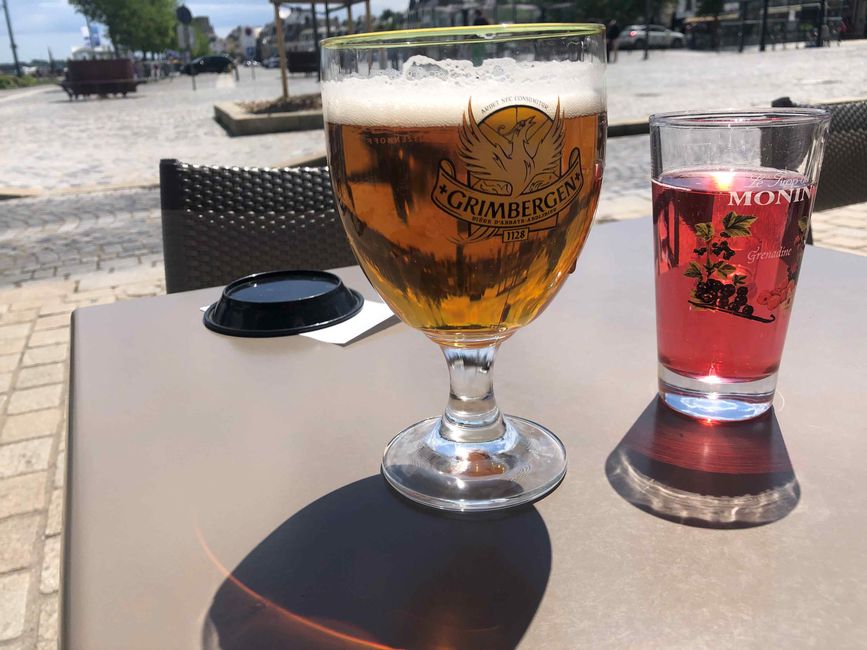
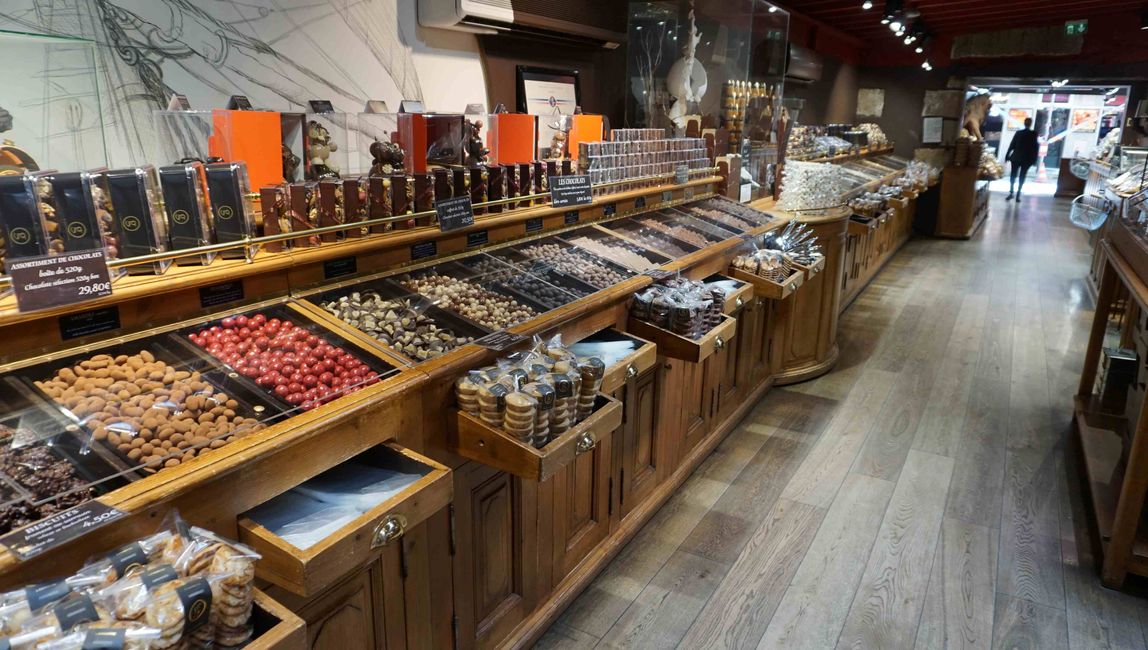
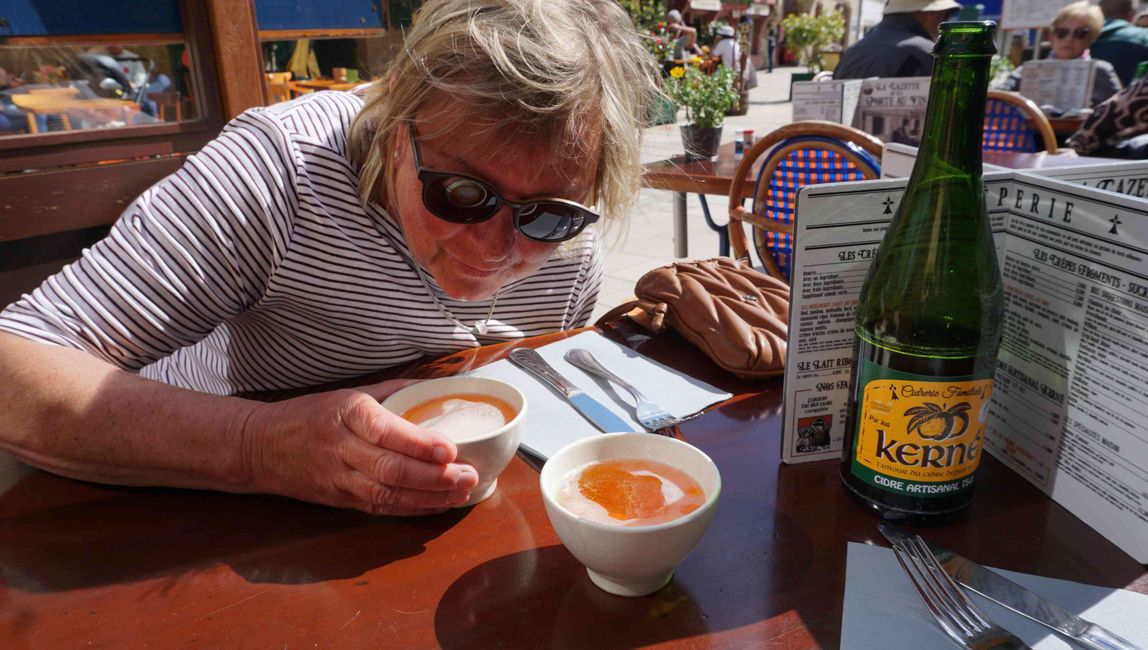
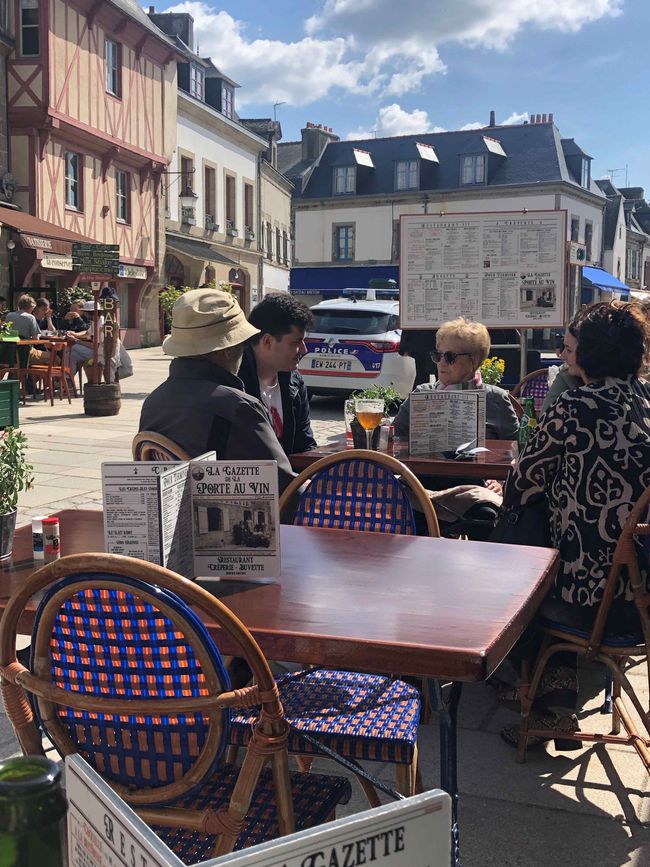
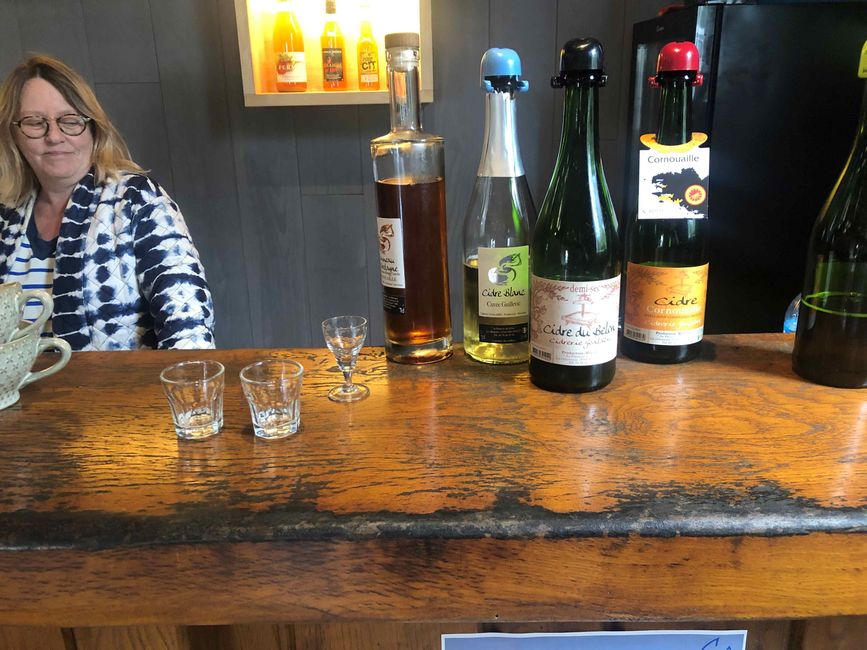
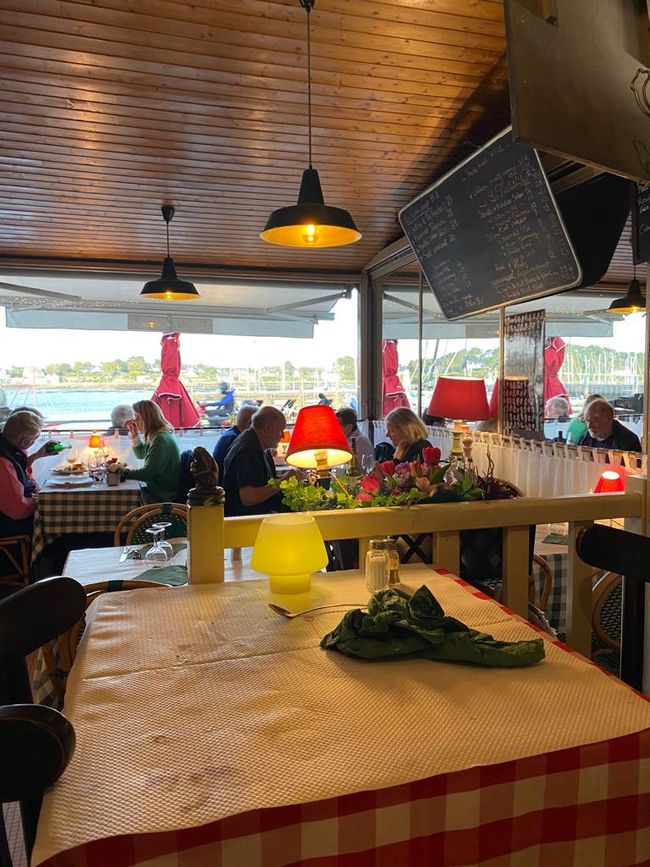
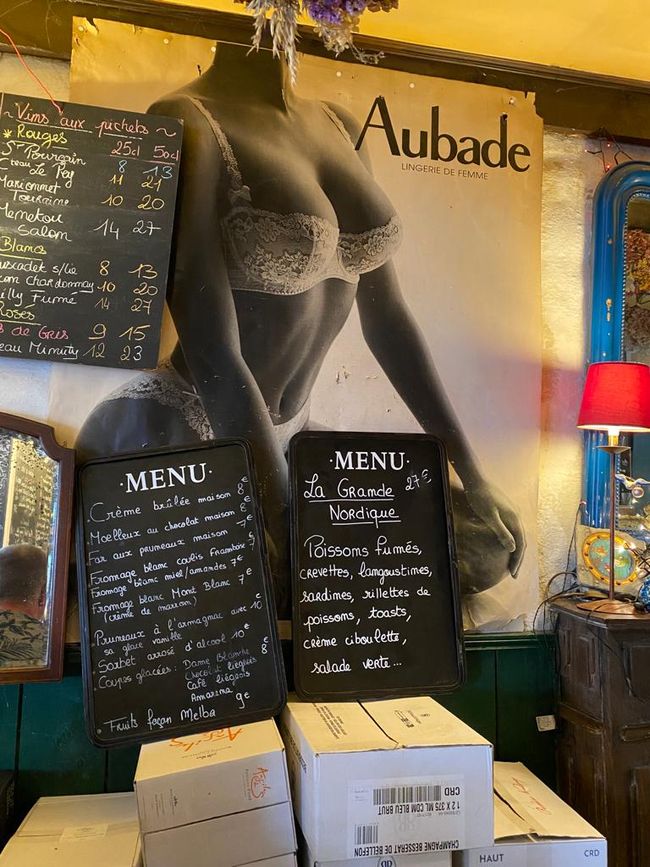
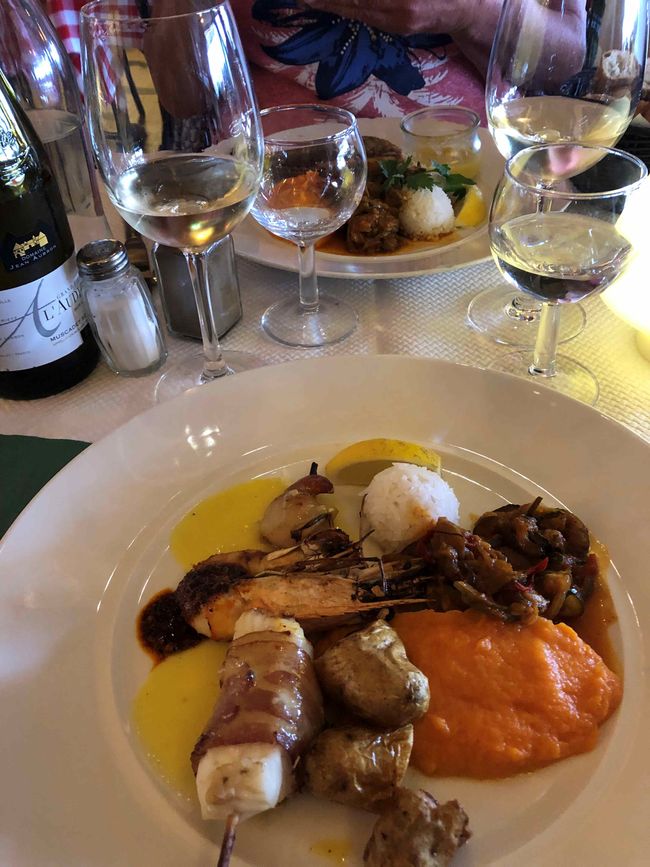
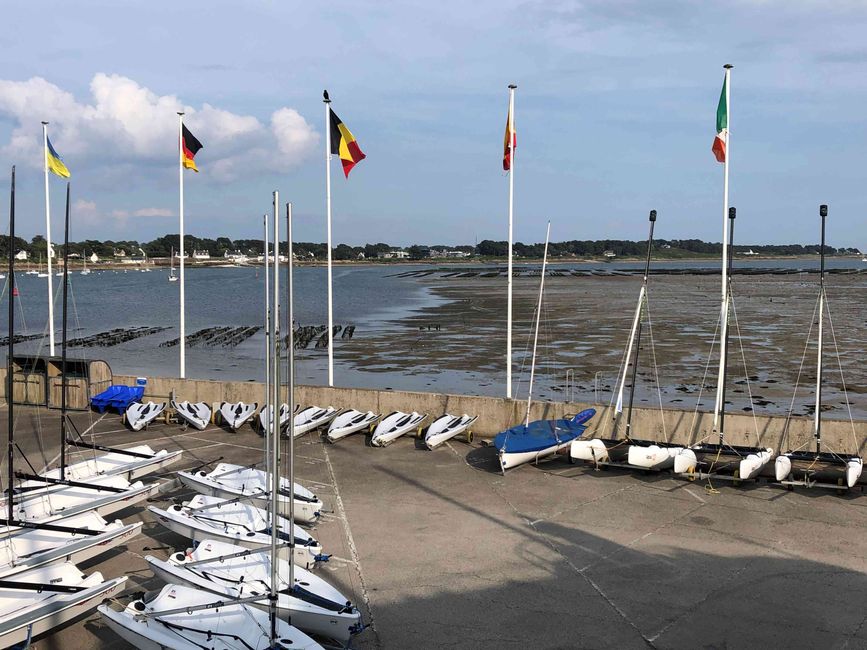
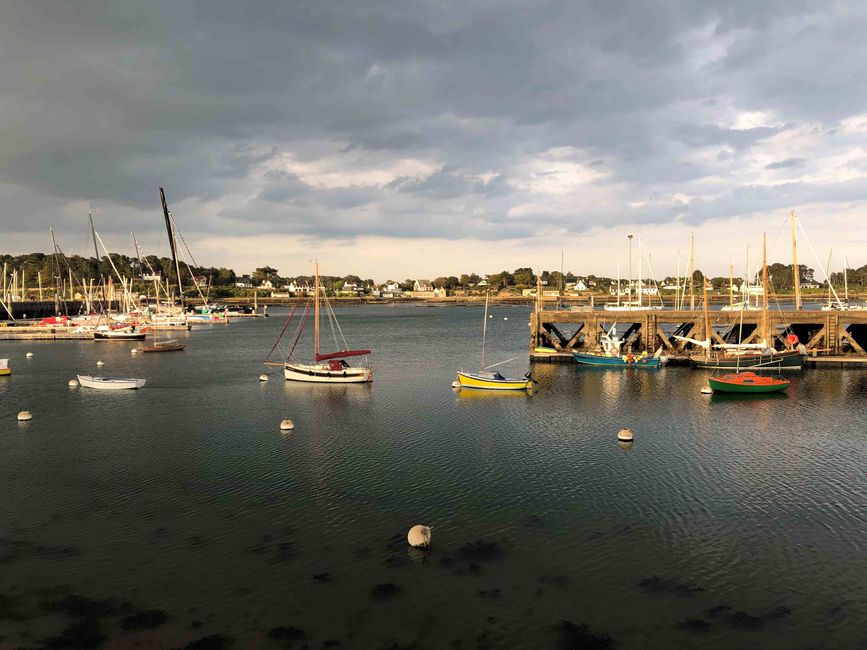
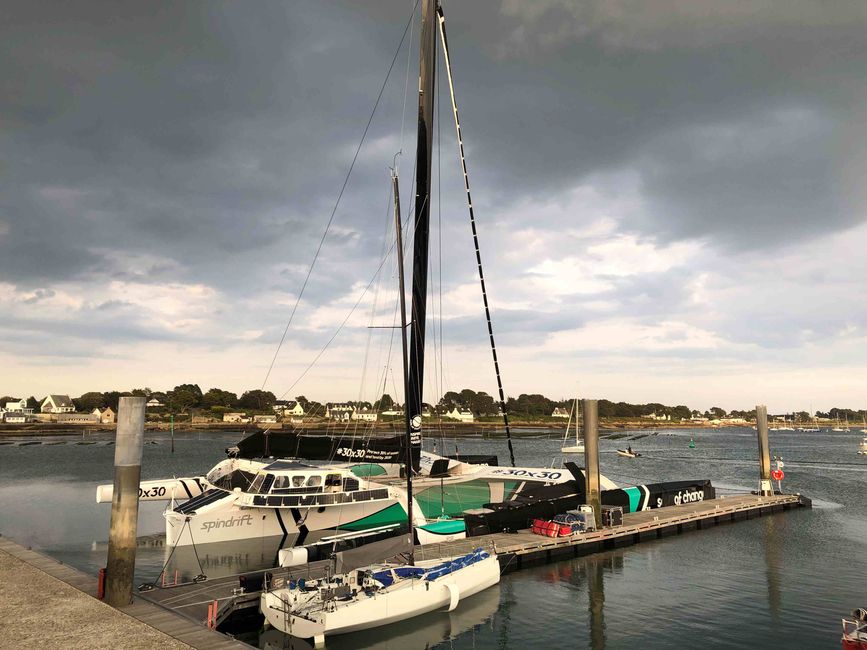
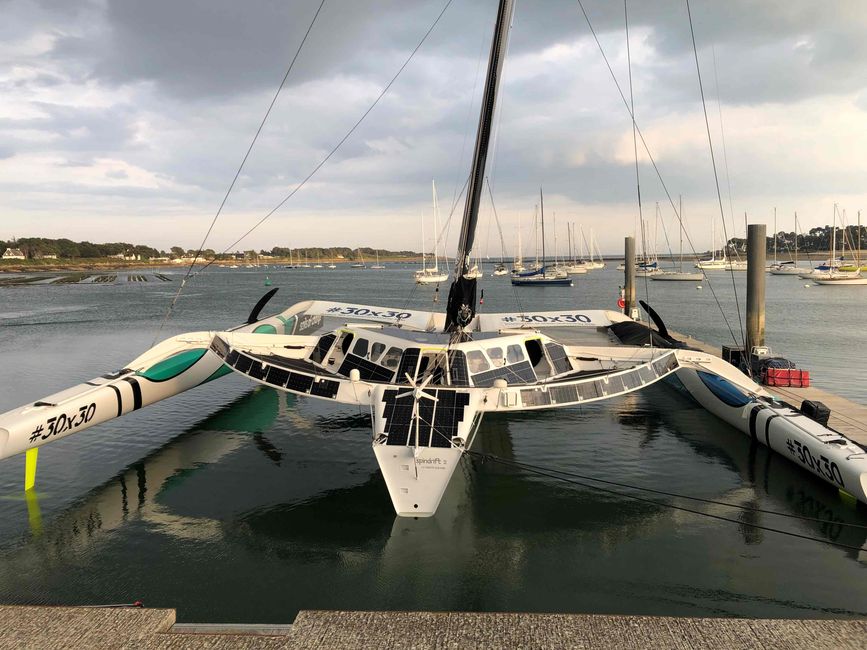
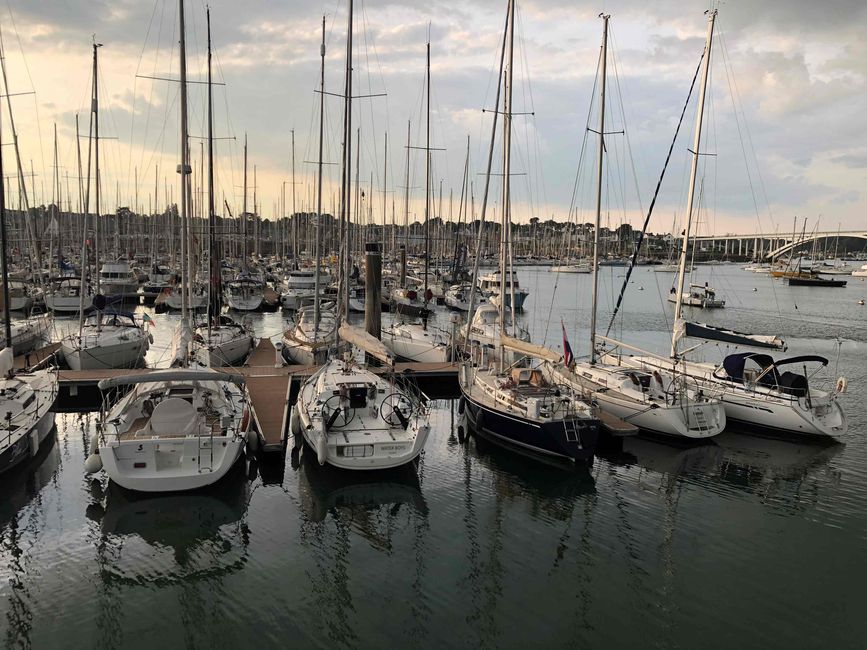
செய்திமடலுக்கு சந்தாதராகவும்
We are approaching the home of the Breton investigator DUPIN, who has his home in the port city of Concarneau. And now I'm reading his 3rd case, which deals with conflicts of interest in the land of salt. But more on that later.
First, we still have the western point at Pointe du Raz in front of us. We are now in the department of Finistère.
Long sandy beaches in the south, small bathing bays in the north, and in the west a wild, rugged coastline with gentle heath landscapes: this is how diverse Finistère, the westernmost corner of Brittany, is.
For the Romans, this secluded region was the "end of the world", precisely finis terrae.
Our last German camping neighbors from Allgäu recommended also visiting the neighboring capes. They are at least as beautiful and not so crowded.
The path to the viewpoint is signposted early and the only access road ends at a large parking lot with a barrier and payment machines. You can also stay here overnight with the motorhome for €15, but without any facilities. Behind us, the next tour bus with tourists was already following. Since the first 15 minutes are free, we were able to turn around immediately and look for the way to the neighboring Cap Van. This involved an adventurous descent on narrow roads - the cliffs here are about 80 meters high. In the hollow, there was a beach with two hotel complexes (still closed).
On the other side, it went up in the same way, because Cap Van is of course also 80 meters higher and had a well-arranged parking area - without barriers and payment machines.

A hike along the cliff coast in good weather (!) offered some beautiful views. Also always in sight - Cap du Raz, where it definitely looks the same. The wild cliffs of Brittany are particularly pronounced here. The Atlantic pounds against the coast and shows the power of nature.

After the wind has blown around our noses nicely, we now want to look for a place for the night. It should preferably be a place with a view and as free as possible. The advantage of the motorhome with its own facilities is now the independence to be able to stand anywhere - if there are no prohibition signs or obstructive height barriers restricting access. These barriers are now installed at many hotspots to keep motorhomes away. However, we are still in the pre-season and the barriers are mostly not yet in place.
And then we find our place - about 20 km away from the cape, the cliff coast is not so steep anymore and there are also stretches of beach. And above all - a parking lot without barriers and without prohibition signs. At this early hour, there is still no motorhome there, so we start. With a bit of skepticism - we are being looked at suspiciously by a local resident. So I'll just go over there: Bonjour, c'est possible de rester sur le parking pour la nuit?
She is not thrilled but she knows the game. Actually, the place should be blocked off with barriers. But it is not yet. There are also no prohibitions. And when the first motorhome is parked, the next one will soon come. Hardly spoken, the next camper actually turns onto the parking lot. She shrugs her shoulders and resigns herself to the fate that once again today the 'white fleet' is standing in front of her house.

Okay, then we settle in and enjoy the view. And it's phenomenal. When the tide comes in and the water reaches the coast, you have the impression through the window that you are standing in the middle of the water.
In the evening, two more mobile homes arrive, so there are four of us. The French clean and open their oysters first, which will probably soon be on the plate. I watch with interest. So you can also eat them in the motorhome.
Our meal with a good bottle of red wine is also great, but it quickly leads to sleepiness. We shouldn't eat so late anymore.
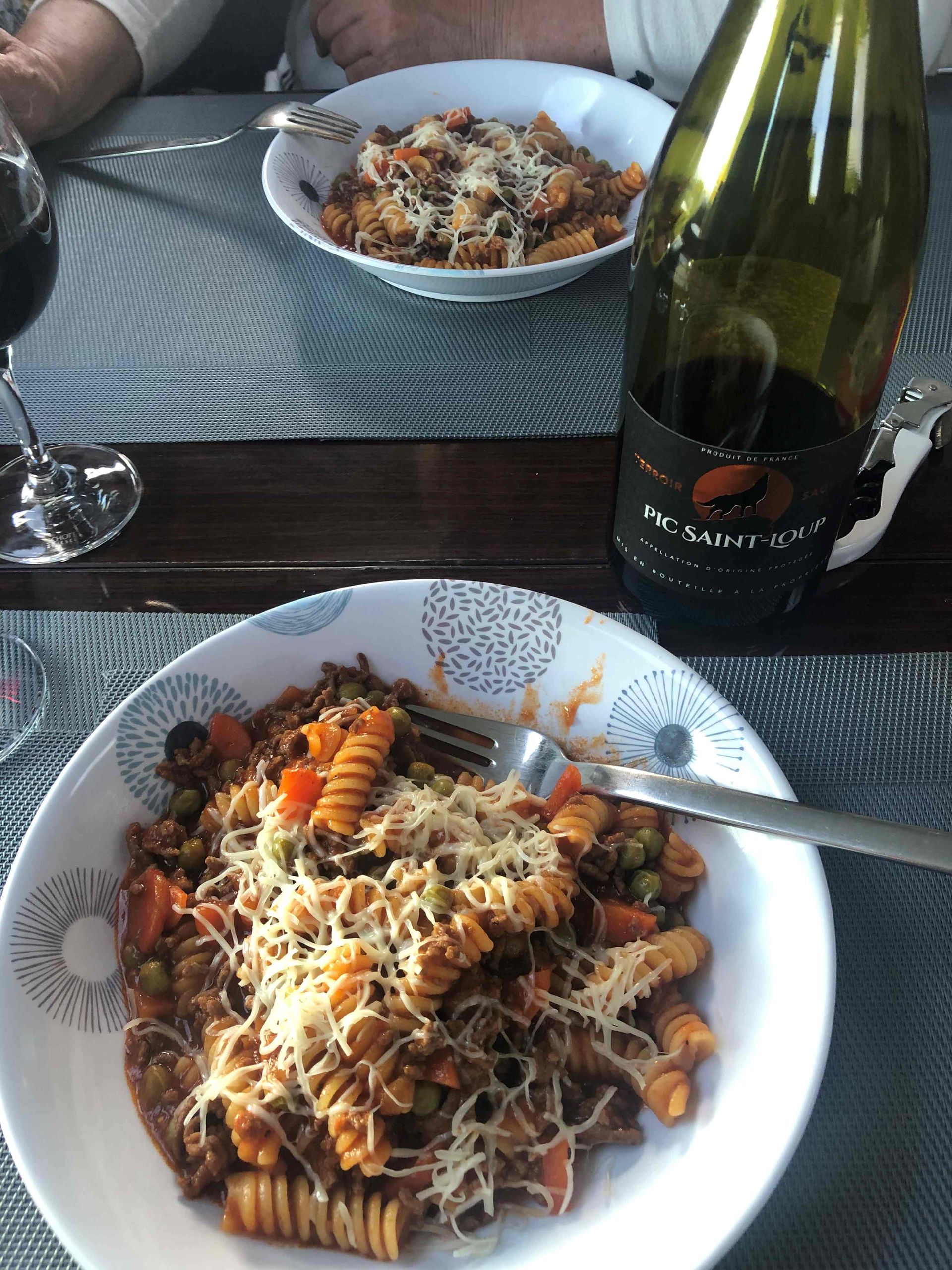

The next day, we continue down the coast. We want to go to a campground again and enjoy the advantages of larger sanitary facilities. In the south, the coast has large sandy beaches and in the Gulf of Morbihan, the Parisian society has created a fine landscape for their holiday homes and second residences. Dupin is currently investigating the intrigues and machinations of the salt barons and the interests of the major corporations there.
In the town of 'La Trinité sur mer', we find the Camping de la Baie, which also cooperates with the ACSII discount card and find a wonderful large pitch. The campsite is located directly on Kervillen Beach, where there is also a beach bar - open.
Otherwise, it is still pre-season here.
Trinité sur mer is known for its very large yacht harbor. Here, the ships are moored close together. There are also berths for some of the large catamarans and trimarans that have gained fame as circumnavigators in major regattas.


It's Saturday and we enjoy the pitch. We will stay here for the next few days.
Sunday is also sunny. This is the opportunity. Get the road bike out and go for the Sunday ride - I haven't done that in the last 4 weeks. It's the first ride with the road bike.
I have memorized my route planning and off I go. There is still a lot of traffic near the coast, but it gets quieter and lonelier when I turn inland. The landscape has some hills to offer, so I cruise through Sunday full of joy - until I am back after three and a half hours and 84 km. It was more than I thought.
La Trinité sur mer has a large promenade that we stroll up and down in the afternoon and then at 7 p.m. (restaurants don't open before) we stop at La Quaie to have dinner out for Sunday and Mother's Day. And we have chosen the right place - small but nice. Of course, influenced by fish and shellfish. Oysters were slurped at the neighboring table again. The temptation grows. If not here, where else - we have to try them at some point.

Our meal, however, was the recommendation of the day.

செய்திமடலுக்கு சந்தாதராகவும்
பதில்
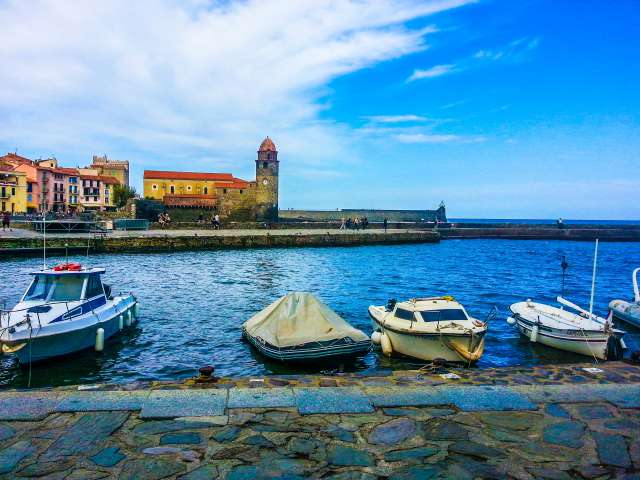
பயண அறிக்கைகள் பிரான்ஸ்

